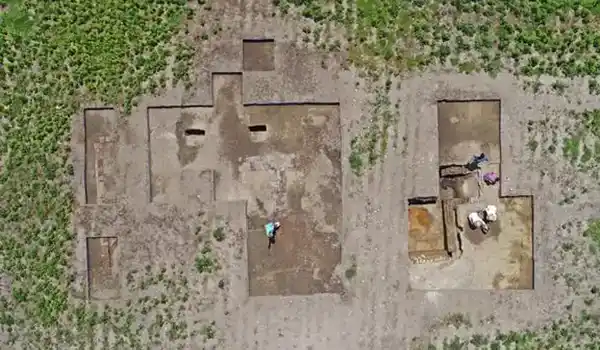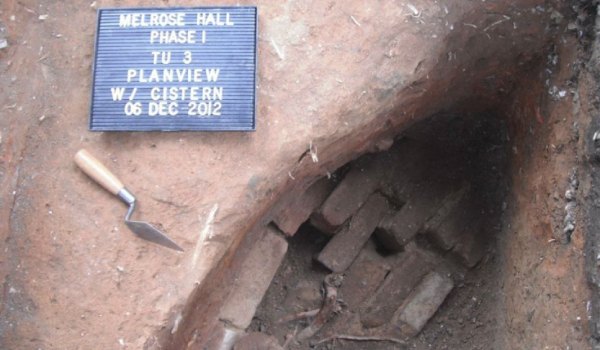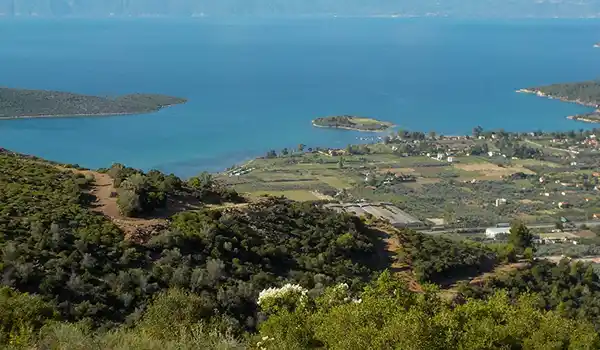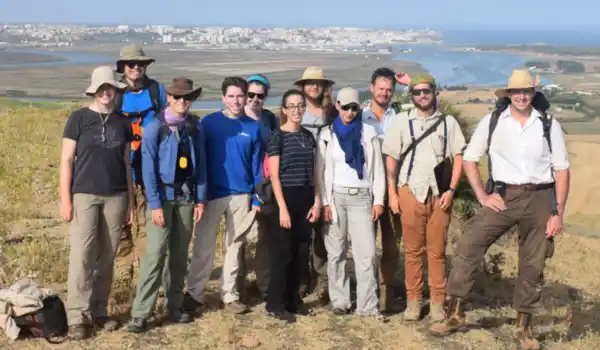The department offers archaeological field schools each year which provide hands-on training in a range of methods for excavating and recording archaeological strata and features, collecting and processing samples, and recovering and identifying artifacts. Field schools might also include training in geophysics, site survey, interpretation, and community collaboration. Participants who successfully complete a field school are eligible for field technician positions in compliance archaeology.

Coan Hall Field School
The Coan Hall site is located on a tributary to the Potomac River on Virginia’s Northern Neck. Our project explores the landscape of colonial encounters by documenting and interpreting cultural and environmental changes over the 17th century, and studying them in the context of broader regional changes and the wider Atlantic world.

Melrose Hall Field School
We will be investigating the Melrose Hall courtyard, where Melrose Mansion (built in 1858, used by Confederate and Union soldiers in the Civil War, and torn down in 1946) once stood. This work precedes the demolition of Melrose Hall and construction of a new Student Success Center. State law requires archaeological investigations ahead of ground disturbance on state property.

Mitrou Archaeological Project
The Mitrou Archaeological Project (MAP) is a cooperative venture between the University of Tennessee and the Greek Archaeological Service. MAP is co-directed by Professor Aleydis Van de Moortel of the Classics Department at the University of Tennessee, and by Eleni Zahou of the 14th Ephoreia of Classical and Prehistorical Antiquities (IDEPKA) at Lamia. Mitrou is a tidal islet in the bay of Atalanti in East Lokris, Greece. For most of the Bronze Age, Mitrou was the largest and most important settlement of East Lokris, and it is in an excellent state of preservation.

The Rural Archaeology of the Loukkos Valley
A joint Moroccan-American (INSAP-University of Tennessee) collaboration, the Gardens of the Hesperides: The Rural Archaeology of the Loukkos Valley comprises a multi-year archaeological project to survey and reconstruct the economic development of the Loukkos river valley, the site of the ancient city of Lixus (near Larache, Morocco)—one of the oldest cities in northwestern Africa, and in classical mythology, one of the purported locations of the Gardens of the Hesperides.